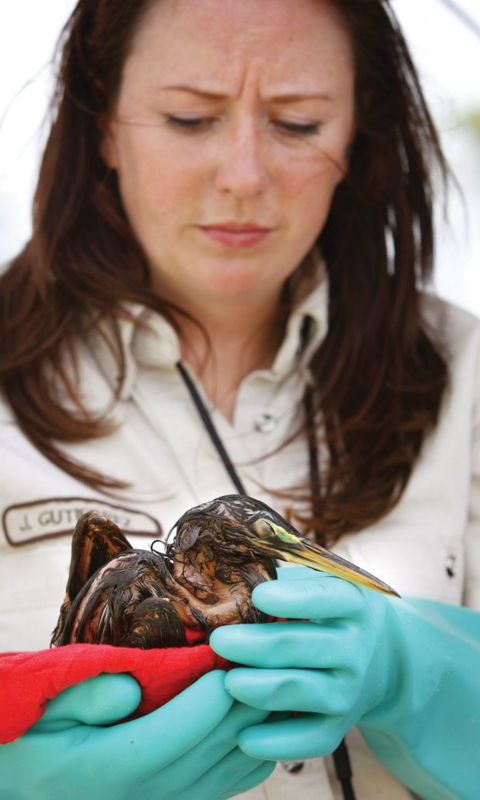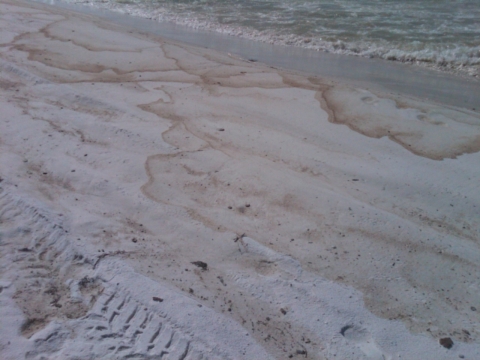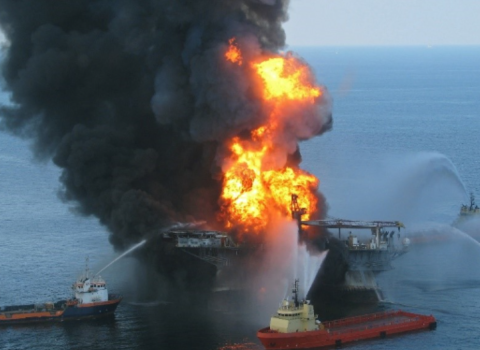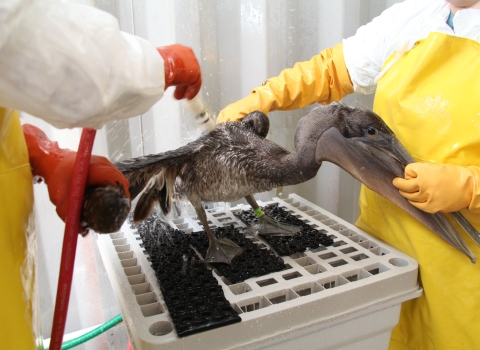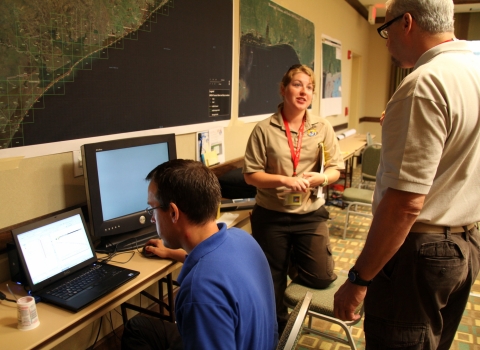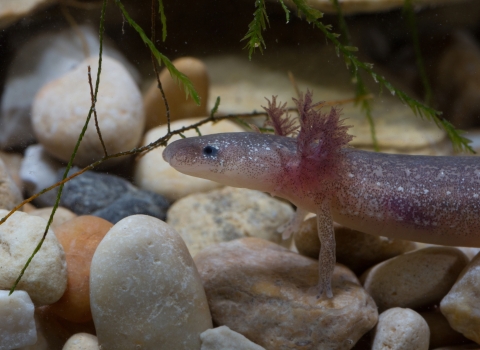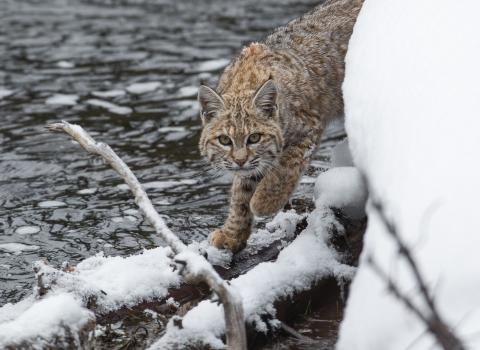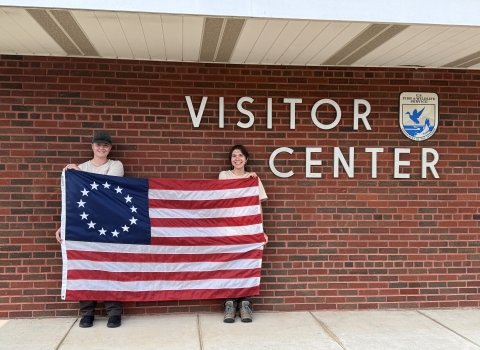Welcome back to our After the Spill: Deepwater Horizon series where we will be sharing firsthand accounts from Service employees who were on the ground (or the water) in the Gulf during the immediate aftermath of Deepwater Horizon.
Below you can read Juliette Fernandez’s account about her deployment. Juliette is the Refuge Manager for the Ridgefield National Wildlife Refuges Complex.
Juliette Fernandez, Refuge Manager
What I remember most looking back were the waves coming in and what should have been white caps climbing on to the beach were a burnt orange, and they would leave an oil line in the sand as they retreated. Some beaches were closed, requiring booties to enter, while others remained open. It was sobering to scoop up oil-coated laughing gulls and defeated gannets, ill and without fight. We would take them to the wildlife rehabilitator in Pensacola, Florida and the shelves of Dawn guided our way to the holding pens. All we could do at that point was hope that there would be a positive resolution in the end.
Many local fishermen and boat owners were out of business during the oil spill. A new program was created called the Vessels of Opportunity (VOO). Humble fisherman clung to the opportunity to stay financially afloat, while their livelihoods were on hold, but also wanted to make a difference for the local wildlife in peril. Through this program, local boat owners could take the oiled-bird rescue teams out on the Gulf to rescue birds that had been reported in. The crews needed boats, the fishermen needed an income and the wildlife in danger was waiting. We worked with various VOO captains. One had a very nice expensive boat that flew through the water with all the bells and whistles. Another one, was home-made and built with heart and hard work. They were humble and scared about the impacts to their livelihood but were happy to help us and very much cared about the wildlife. I was there for 30 days and I still think about it often.
Years later, the impacts from the oil spill are still being studied. The rescue crews have gone home, and the boats are back out fishing. No one has forgotten the coated laughing gulls or the way the spill impacted their lives but the collaboration of so many parties with seemingly nothing in common, also made a potent impression. No one can fight an oil spill on their own, the wildlife can’t wish it away, and the fisherman can’t pretend it isn’t there. Collaboration for fast and powerful action was the key. We couldn’t turn back time, but we could join together to speed up the recovery.
Stay tuned for more firsthand accounts from Service employees in our After the Spill: Deepwater Horizon series.



